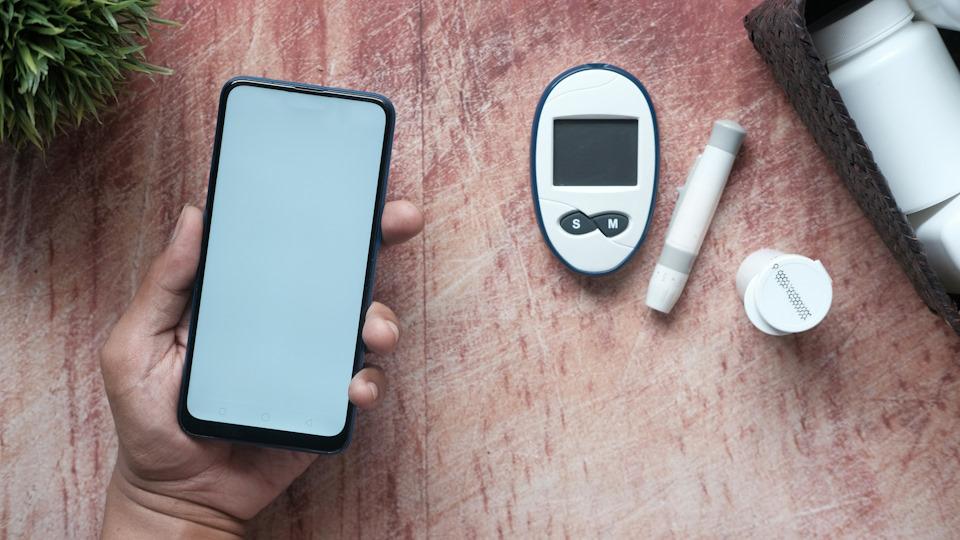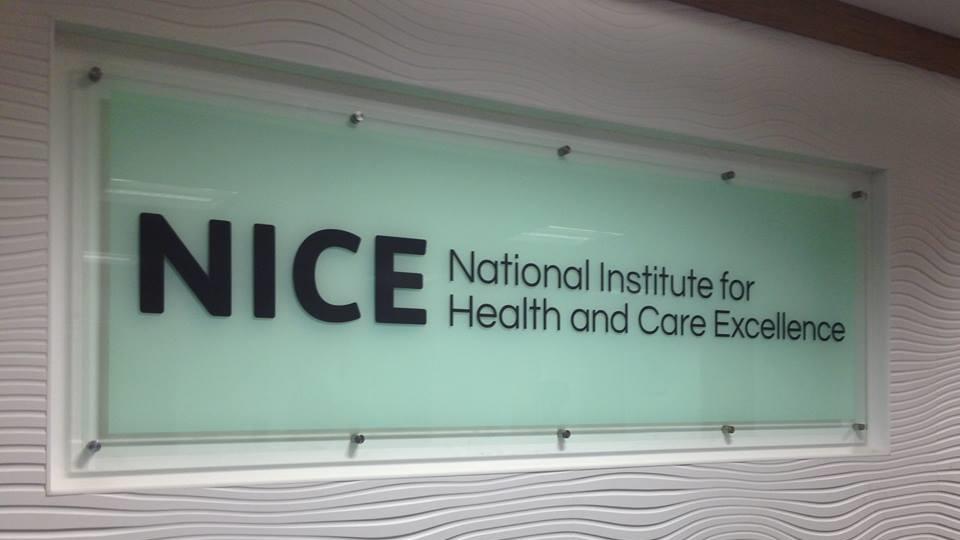Digital diabetes tools ‘of little benefit and raise costs’

The recently formed Peterson Health Technology Institute (PHTI) has published its first assessment of the cost-effectiveness of digital health technologies (DHTs), focusing on diabetes, and its conclusions are pretty damning.
The bottom line is that DHTs used for diabetes management “do not deliver meaningful clinical benefits, and result in increased healthcare spending,” according to the PHTI.
Its analysis looked at eight widely used digital tools that people with type 2 diabetes use to track and manage their blood glucose levels, based on intermittent testing and often paired with education and support.
The DHTs were split into three general types: apps that enable doctors to keep an eye on patients’ blood glucose scores through remote patient monitoring; behavioural and lifestyle modification programmes; and apps that help people achieve nutritional ketosis – a metabolic state that occurs when the body burns fat for energy instead of glucose – with the goal of reversing diabetes.
Overall, the assessment concluded that these tools achieve only small reductions in haemoglobin A1c (HbA1c) – a marker of blood glucose control – and the reductions are not “sufficient or sustained enough to change the trajectory of their health, care, or long-term prognosis, including cardiovascular risks.”
Across the group, only three out of 10 comparative HbA1c studies achieved a “clinically meaningful” difference of at least 0.5% HbA1c between users and non-users of the DHTs, according to the report. The reductions were typically in the 0.23% to 0.60% range, but were not sustained over time, even when the 0.5% threshold was met.
There were also no benefits in other health factors, including weight loss, body mass index, blood pressure, cholesterol, or other common conditions impacting people with diabetes, it concludes.
However, there were a couple of bright spots in an otherwise fairly damning assessment. PHTI noted that the single nutritional ketosis programme included in its assessment, Virta from Virta Health, did show promise in achieving diabetes remission if patients follow its rigorous diet modifications based on carbohydrate restriction.
In addition, there did seem to be stronger signs of a benefit with the DHTs among patients with higher starting HbA1c levels who were newly starting insulin, suggesting that greater engagement at that critical juncture could help establish good self-management habits.
The only remote patient monitoring DHT in the assessment was Glooko, which is being used as part of connected diabetes regimens by companies including Sanofi, Dexcom, and Novo Nordisk. The behavioural modification apps on test were from DarioHealth, Omada, Perry Health, Teladoc (Livongo), Verily (Onduo), and Vida.
“When these digital diabetes management tools launched more than a decade ago, they promised to improve health outcomes for people with diabetes and deliver savings to payers,” said Caroline Pearson, executive director of PHTI.
“Based on the scientific evidence, these solutions have fallen short, and it is time to move toward the next generation of innovation,” she added. “Patients with diabetes invest time, energy, and resources in these tools, and they deserve to experience meaningful, positive benefits for their health.”
The DHTs are used by millions of people in the US and have been funded by $58 billion of investment and mergers and acquisitions, according to PHTI. It was set up last year specifically to address the notion that most DHTs – which saw use rocket during the COVID-19 pandemic – lack clinical evidence.
The report concludes that the next generation of diabetes DHTs should aim for clinically meaningful improvements in blood glucose control, potentially integrating continuous glucose monitors (CGMs) and new GLP-1 obesity medications, such as Novo Nordisk’s Wegovy (semaglutide) and Eli Lilly’s Zepbound (tirzepatide).
PHTI is affiliated with the Institute for Clinical and Economic Review (ICER), which delivers cost-effectiveness assessments on prescription medicines sold in the US market. This is its first report and will be followed by assessments of DHTs for virtual musculoskeletal care, blood pressure management, and mental health support.
Photo by Towfiqu barbhuiya on Unsplash













